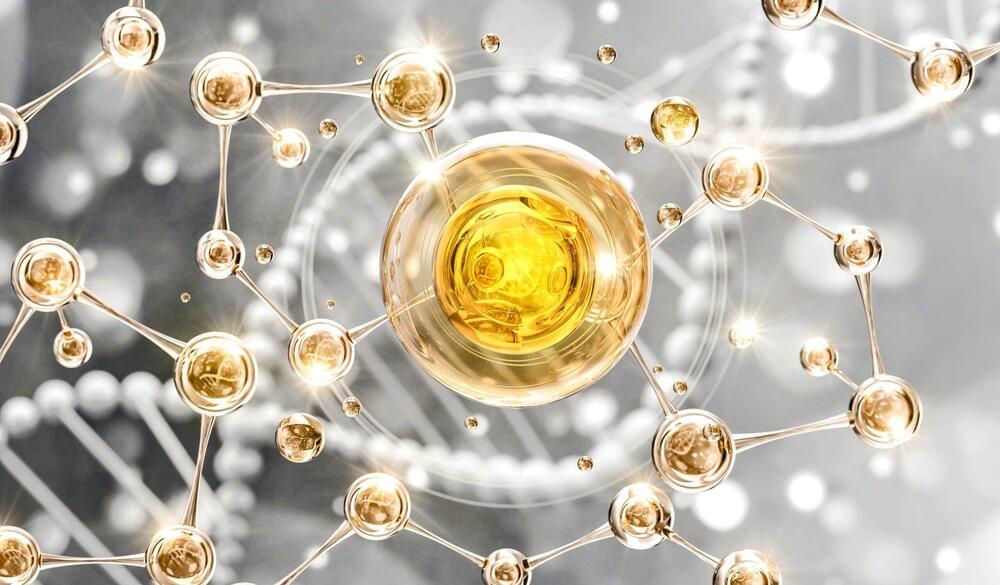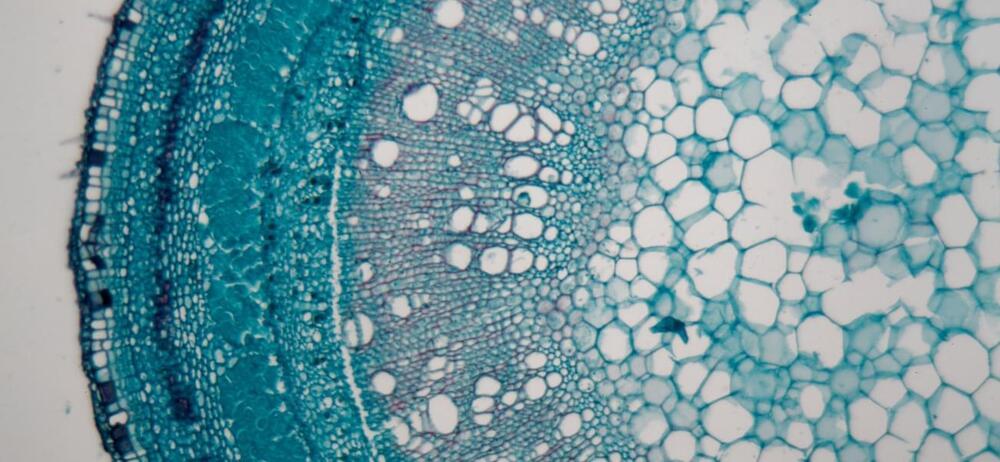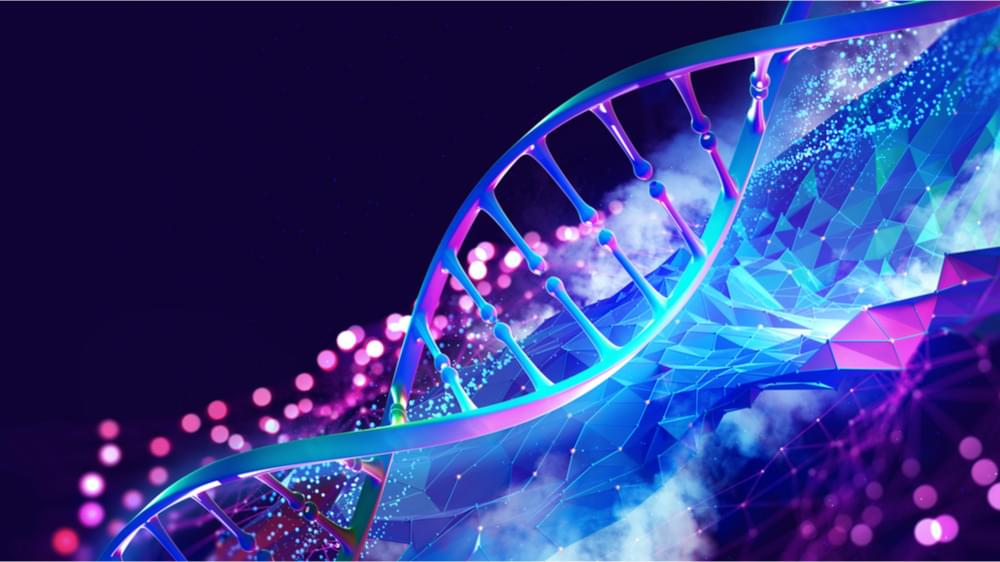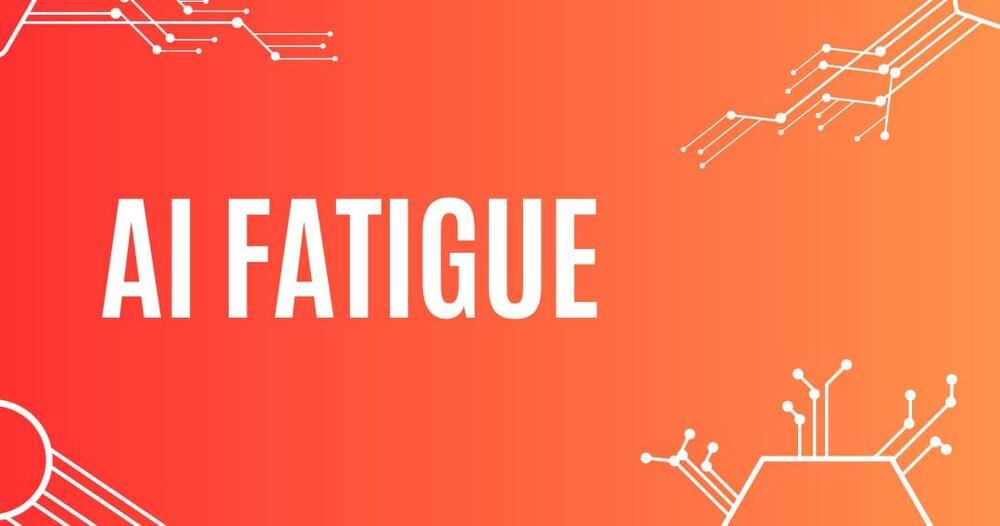For weeks, a cyberattack paralyzed the German district of Anhalt-Bitterfeld in 2021, bringing its whole administration to a standstill. It was a stark illustration of how hackers can knock out entire communities in milliseconds — and how digital technology has become vital for running our societies.
Such “critical digital infrastructure” helps boost efficiency. But it also makes communities ever more vulnerable to hacking. And attacks are on the rise. In this episode of Techtopia, DW Chief Technology Correspondent Janosch Delcker investigates how a criminal industry makes billions by taking computers hostage — and how governments can use similar methods as a political weapon.
Subscribe: https://www.youtube.com/user/deutschewelleenglish?sub_confirmation=1
For more news go to: http://www.dw.com/en/
Follow DW on social media:
►Facebook: https://www.facebook.com/deutschewellenews/
►Twitter: https://twitter.com/dwnews.
►Instagram: https://www.instagram.com/dwnews.
Für Videos in deutscher Sprache besuchen Sie: https://www.youtube.com/dwdeutsch




